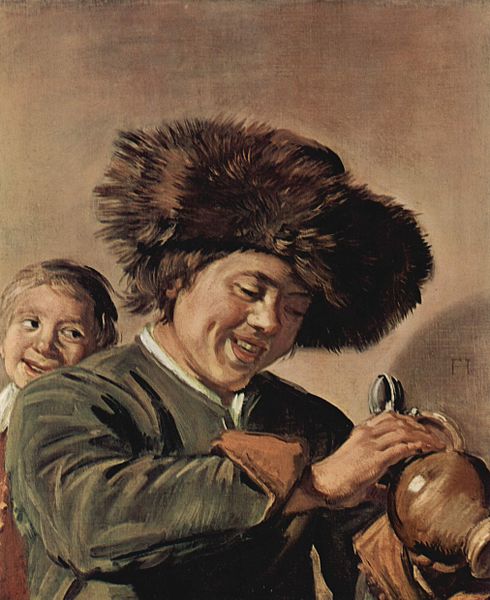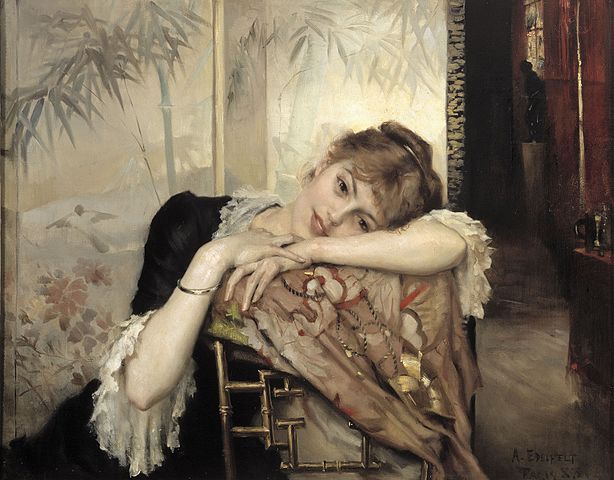
Thammasat University students interested in psychology, sociology, economics, public policy, philosophy, and related subjects may find useful a new Open Access book available for free download at this link.
Happiness: Concept, Measurement and Promotion is by Professor Yew-Kwang Ng.
The TU Library owns many other books about different aspects of the concept of happiness.
Professor Ng is emeritus professor at Monash University in Australia where he taught economics. He has also published widely on happiness, environmental and welfare economics.
In recent years, the study of subjective well-being (SWB) has become very active. Psychologists, sociologists, and economists have researched the subject since the first publication on happiness issues by an economist in the 1970s.
Professor Ng has concluded that individual and societal happiness may be increased. Despite the genetic element in happiness, it can be deliberately augmented and people may learn or be trained to be happier.
His research is based on the idea that ultimately, happiness is the most important thing in life, even if we consider important supporting factors such as health, career and family success, and productivity or work performance.
He proposes that each nation should have an environmentally responsible happy nation index (ERHNI) which would judge how well a country is doing, apart from gross domestic product (GDP).
Among his other suggestions are that the reason that children aged twelve and older start to be less happy than younger siblings is that they do not get enough sleep. One solution for this might be to try starting class hours at middle and high schools later than they currently are, so that children will not need to wake up so early.
He also addressed the subject that despite economic growth, most East Asian countries such as Mainland China, Hong Kong, Taiwan, Korea, Japan, and Singapore, especially those with the Confucian cultures, score relatively low in happiness surveys.
He suggests that this may be due to “environmental disruption, excessive competitiveness, repressive education, excessive conformity, negative attitudes towards enjoyment, and the emphasis on outward appearance.”
To resolve this issue, he recommends increasing public spending on the environment and research on the non-material aspects of life.
This same issue is also seen in Malaysia and Vietnam, but not much in the Philippines, Thailand, and Indonesia, which do not have Confucian cultures.
East Asia has done well economically, but not in terms of the ultimate objective of life: happiness. Singapore had a per-capita income 64 times that of India, but had the same happiness index. Korea and Japan ranked the lowest.
In 2018, 2019 and 2020 World Happiness Report surveys, none of the top twenty countries in happiness ranking were East Asian.
Professor Ng notes that these findings might lead to new examination of fundamental issues such as the point, value, and cost of economic growth. In addition, why East Asians are not happier despite economic success, and how they may achieve happiness might also be investigated.
One possible explanation might be the highly competitive nature of aspects of East Asian society, which results in economic success but prevents happiness at individual and societal levels.
Competing to do good things for society, such as improving general knowledge and living conditions, may lead to positive developments. But always being competitive means that people are never satisfied with their status in life. Buddhism, Hinduism, and Taoism emphasize being content with one’s fate and not envying the possessions of others.
By contrast, Confucianism mainly stresses the virtue of achievement.

Here are some thoughts about happiness by authors, most of whom are represented in the Thammasat University Library collection:
Happiness, whether consisting in pleasure or virtue, or both, is more often found with those who are highly cultivated in their minds and in their character, and have only a moderate share of external goods, than among those who possess external goods to a useless extent but are deficient in higher qualities.
- Aristotle, Politics
To be able without hindrance to exercise his preeminent quality, whatever its nature, is real happiness.
- Aristotle, Nicomachean Ethics, X.7,
Those who do not observe the movements of their own minds must of necessity be unhappy.
- Marcus Aurelius, Meditations, 2.8
I shall take the heart… for brains do not make one happy, and happiness is the best thing in the world.
- Frank Baum, lines for the Tinman in The Wonderful Wizard of Oz (1900).
In all this world there is nothing so beautiful as a happy child.
- Frank Baum, in lines for Santa Claus in The Life and Adventures of Santa Claus (1902).
HAPPINESS, n. An agreeable sensation arising from contemplating the misery of another.
- Ambrose Bierce, The Cynic’s Dictionary (1906); republished as The Devil’s Dictionary (1911).
The achievement of happiness requires not the … satisfaction of our needs … but the examination and transformation of those needs.
- Stanley Cavell, Pursuits of Happiness (1984)
Domestic Happiness, thou only bliss
Of Paradise that hast survived the Fall!
William Cowper, The Task (1785), Book III
Thus happiness depends, as Nature shows,
Less on exterior things than most suppose.
- William Cowper in Table Talk (1817)
The lower animals, like man, manifestly feel pleasure and pain, happiness and misery. Happiness is never better exhibited than by young animals, such as puppies, kittens, lambs, &c., when playing together, like our own children.
- Charles Darwin, The Descent of Man (1871), volume I, chapter III: “Comparison of the Mental Powers of Man and the Lower Animals — continued”
Of all the means which wisdom acquires to ensure happiness throughout the whole of life, by far the most important is friendship.
- Epicurus, Number 28 of the 40 Principal Doctrines
Happiness in the ordinary sense is not what one needs in life, though one is right to aim at it. The true satisfaction is to come through and see those whom one loves come through.
- M. Forster, Selected Letters: Letter 216, to Florence Barger, 11 February 1922.
Happiness in this world, when it comes, comes incidentally. Make it the object of pursuit, and it leads us a wild-goose chase, and is never attained. Follow some other object, and very possibly we may find that we have caught happiness without dreaming of it.
- Nathaniel Hawthorne in The American Notebooks (1851).
The great end of all human industry, is the attainment of happiness. For this were arts invented, sciences cultivated, laws ordained, and societies modelled, by the most profound wisdom of patriots and legislators. Even the lonely savage, who lies exposed to the inclemency of the elements and the fury of wild beasts, forgets not, for a moment, this grand object, of his being.
- David Hume, “The Stoic”, Essays, Moral, Political and Literary, part 1, essay 16
Happiness is not achieved by the conscious pursuit of happiness; it is generally the by-product of other activities.
- Aldous Huxley, Essay “Distractions I” in Vedanta for the Western World (1945)

(All images courtesy of Wikimedia Commons)
